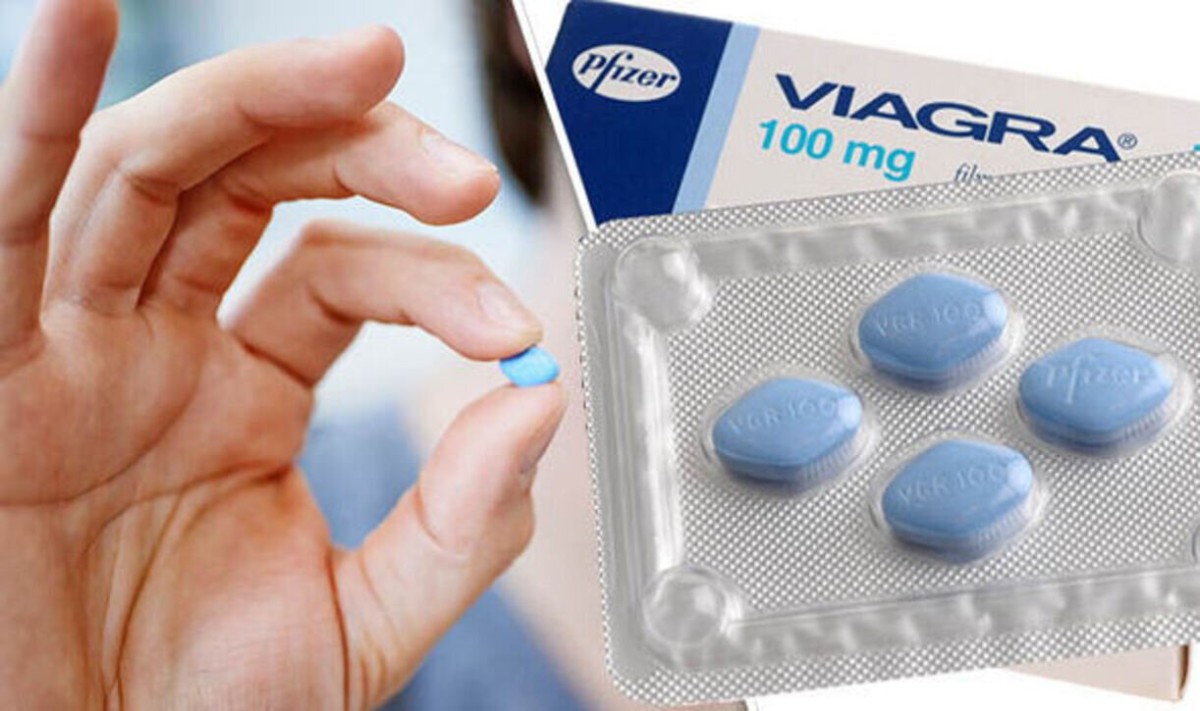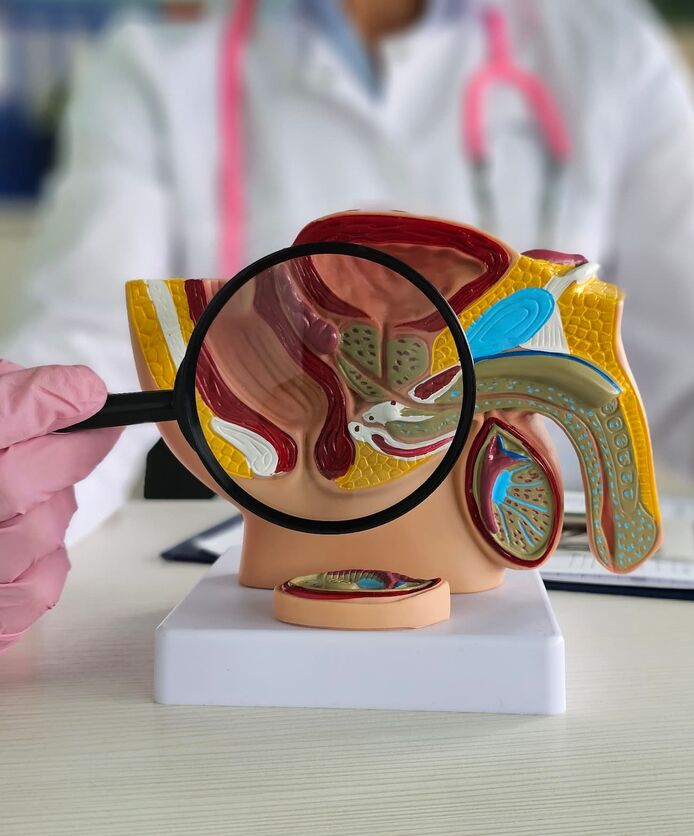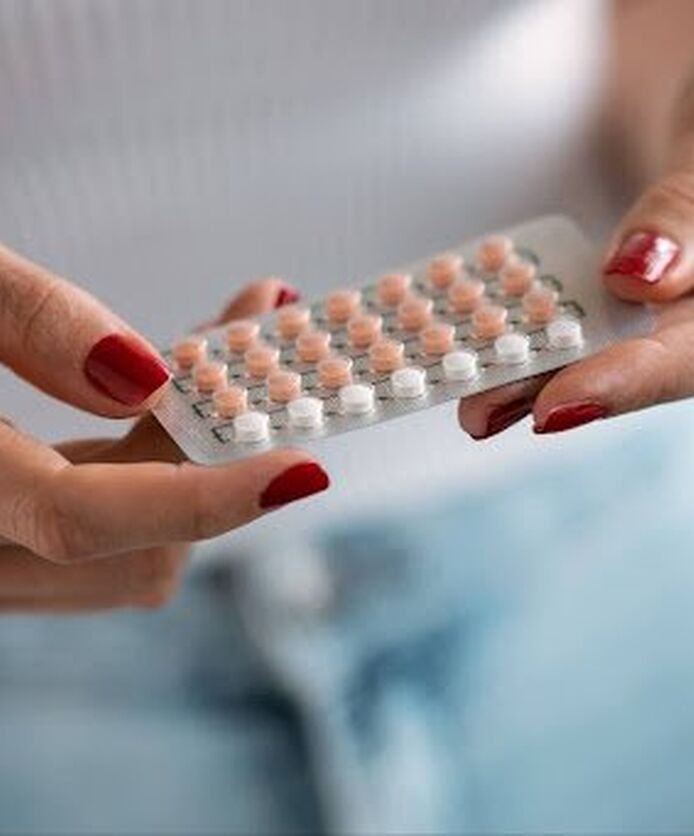Effective Solutions for Erectile Dysfunction: Understanding Causes, Treatments, and Lifestyle Changes

Understanding Erectile Dysfunction (ED) and Treatment Options
Erectile dysfunction (ED) is a common condition that affects many men, particularly as they age. Understanding the causes, treatments, and lifestyle changes that can improve ED is crucial for managing this condition effectively.
What Causes Erectile Dysfunction?
ED can be caused by various factors, including psychological issues, medical conditions, and certain medications. Common medical causes include diabetes, high blood pressure, heart disease, and hormonal imbalances. Psychological factors such as stress, anxiety, and depression can also contribute to ED.
How Do ED Medications Work?
ED medications like sildenafil (Viagra®) and tadalafil (Cialis®) work by inhibiting an enzyme called phosphodiesterase type 5 (PDE5). This inhibition increases blood flow to the penis, helping to achieve and maintain an erection during sexual stimulation. Sildenafil usually takes effect within an hour and lasts for about four hours, while tadalafil can take effect in 30 minutes and last up to 36 hours.
Choosing the Right ED Treatment
The most suitable ED treatment depends on individual preferences and lifestyle. For instance:
Sildenafil (Viagra®): Best for those who prefer an as-needed approach. It's effective within an hour and lasts up to four hours.
Tadalafil (Cialis®): Ideal for those who want longer-lasting effects, up to 36 hours, allowing for more spontaneity.
Daily Tadalafil: Offers the convenience of not having to plan ahead, maintaining a baseline level in the body for spontaneous activity.
Safety and Side Effects
ED medications are generally safe and effective for most men. Common side effects include headaches, flushed skin, nasal congestion, and upset stomach. It’s important to discuss your medical history with a clinician to avoid any potential risks, especially if you have conditions like heart disease or are taking medications such as nitrates.
Lifestyle Changes to Improve ED
Combining medication with positive lifestyle changes can significantly improve ED. Consider adopting the following habits:
- Healthy Diet: A heart-healthy diet can improve overall blood flow and reduce ED symptoms.
- Regular Exercise: Physical activity enhances blood circulation and reduces stress.
- Quit Smoking: Smoking can damage blood vessels and impede blood flow to the penis.
- Moderate Alcohol Consumption: Excessive alcohol can cause or worsen ED
Reliable Resources and Further Reading
For more detailed information and guidance on managing ED, you can visit these reputable UK-based resources:
NHS Erectile Dysfunction Information
British Heart Foundation: Erectile Dysfunction and Heart Disease
Additionally, if you're considering specific ED treatments, you might want to explore products available on our platform:


Managing ED involves understanding the condition, exploring treatment options, and making healthy lifestyle choices. With the right approach, you can effectively manage ED and improve your overall quality of life.
Sources:
- NHS (2024). Obesity - https://www.nhs.uk/conditions/obesity/
- Stacy Loeb MD, MSc, PhD (Hon), Qi Hua MSc, Scott R. Bauer MD, ScM, Stacey A. Kenfield ScM ScD, Alicia K. Morgans MD, MPH, June M. Chan ScD, Erin L. Van Blarigan ScM, ScD, Alaina H. Shreves MS, Lorelei A. Mucci MPH, ScD (2024). Plant-based diet associated with better quality of life in prostate cancer survivors - https://acsjournals.onlinelibrary.wiley.com/doi/10.1002/cncr.35172
- Yixun Liu, Xuechun HuXuechun Hu, Mengneng XiongMengneng Xiong, Jiyan LiJiyan Li, Xiaohua JiangXiaohua Jiang, Yangyang WanYangyang Wan, Shun BaiShun Bai, Xiansheng Zhang (2023). Association of BMI with erectile dysfunction: A cross-sectional study of men from an andrology clinic - https://www.frontiersin.org/journals/endocrinology/articles/10.3389/fendo.2023.1135024/full
This article is for informational purposes only and does not constitute medical advice. The information contained herein is not a substitute for and should never be relied upon for professional medical advice. Always talk to your doctor about the risks and benefits of any treatment or medication.

What causes erectile dysfunction?

What are the symptoms of flu?

How to delay your period

How to ease period cramps

Is the contraceptive pill free?

